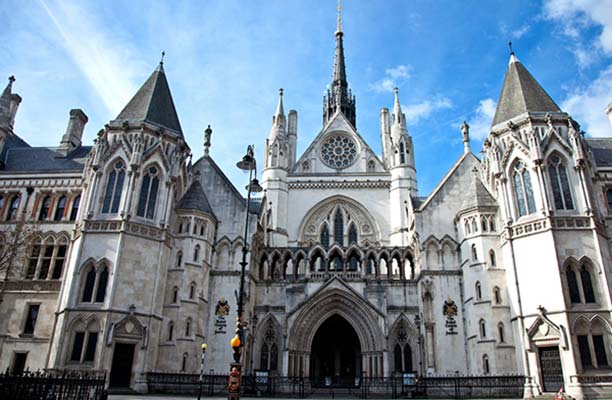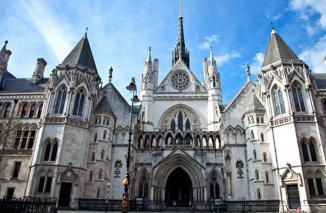An appeal by former Freshfields Bruckhaus Deringer partner Ryan Beckwith against the Solicitors Disciplinary Tribunal’s (SDT) decision in his misconduct case is set to be heard in October.
Beckwith filed the High Court appeal against the SDT’s decision on liability and the costs award in February, with the hearing now listed for Wednesday 21 October.
The appeal follows last October’s high-profile judgment that Beckwith knew or ought to have known that the junior member of staff he engaged in sexual activity with was intoxicated and her judgement impaired and that he knew or ought to have known that his conduct was inappropriate.
Beckwith’s appeal comes after the Solicitors Regulation Authority (SRA), which brought the case to the SDT for prosecution in June 2018, in February said it would not be appealing the sanctions handed down of a £35,000 fine and an order to pay legal costs of £200,000.
Beckwith’s challenge is specifically in relation to the SDT’s decision on liability and the costs awards and does not relate to the fine itself, it is understood.
Also in February, the SDT released its written judgment explaining that the controversial decision to fine instead of ban Beckwith was because his misconduct was ‘a lapse in his judgement’ and ‘unlikely to be repeated’.
In the judgment, the SDT said: ‘There had been no clients involved and there was no suggestion that the work of the respondent was anything other than highly competent. Nor did it consider that the respondent posed a future risk to the reputation of the profession.’
The sanctions were made in light of the tribunal’s decision that ‘this was a one-off incident where there was no suggestion that he [Beckwith] had coerced or manipulated Person A [the junior lawyer]. It was not the applicant’s case that the respondent had deliberately plied Person A with drink with a view to getting her into such an intoxicated state that she would then engage in sexual activity.’
‘Nor was it the case that he had used his position of seniority and authority to engineer the sexual encounter,’ the decision added.
The tribunal found that, although Beckwith had ‘engaged in inappropriate conduct in circumstances where his judgement had been affected by the amount of alcohol he had consumed,’ it did not find that the circumstances of the case were such that a restriction order was necessary in order to protect the public.
Beckwith is being represented by criminal defence partner Nick Brett of Brett Wilson, who has instructed Alisdair Williamson QC of Three Raymond Buildings.












